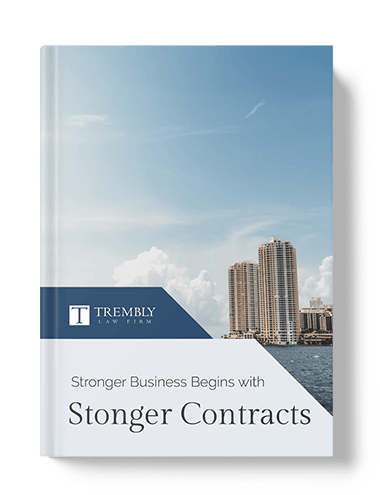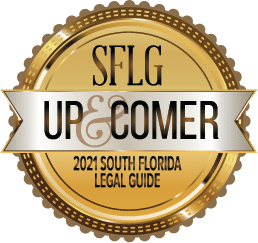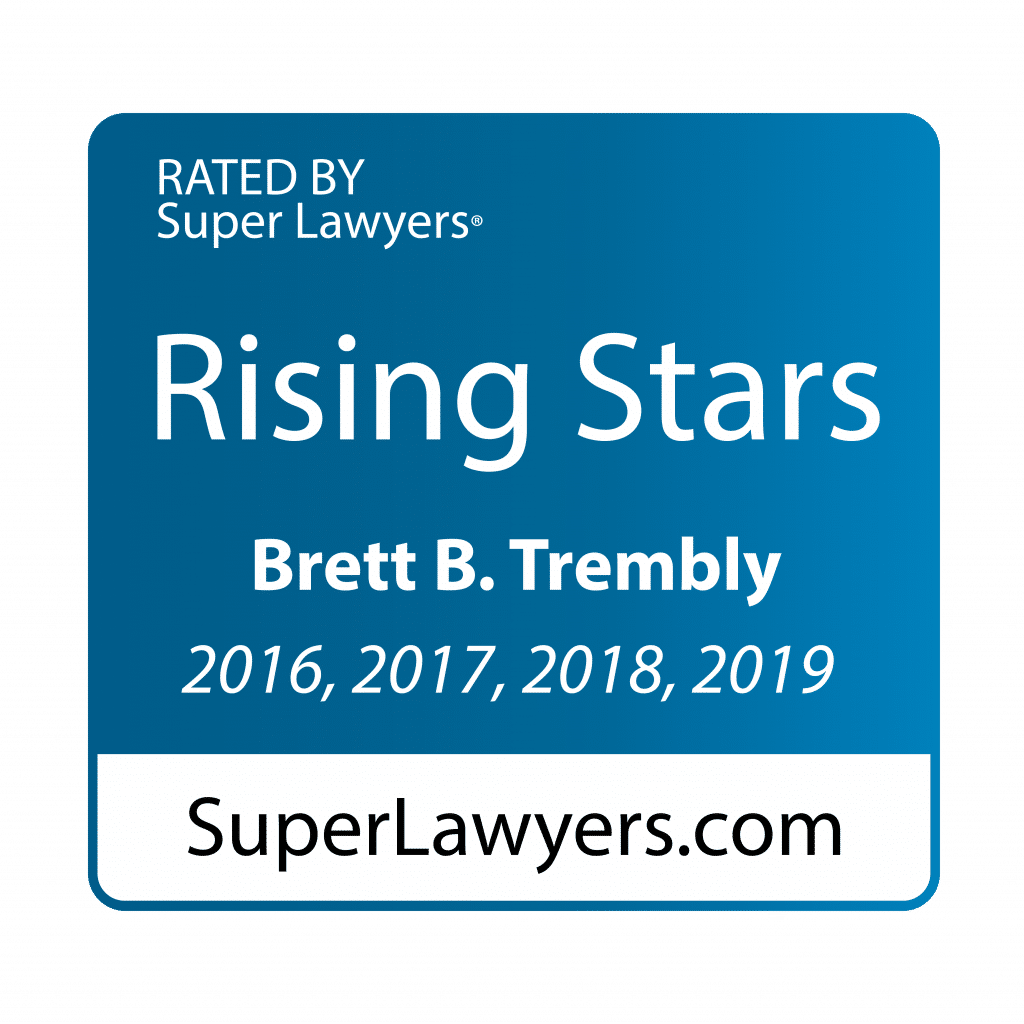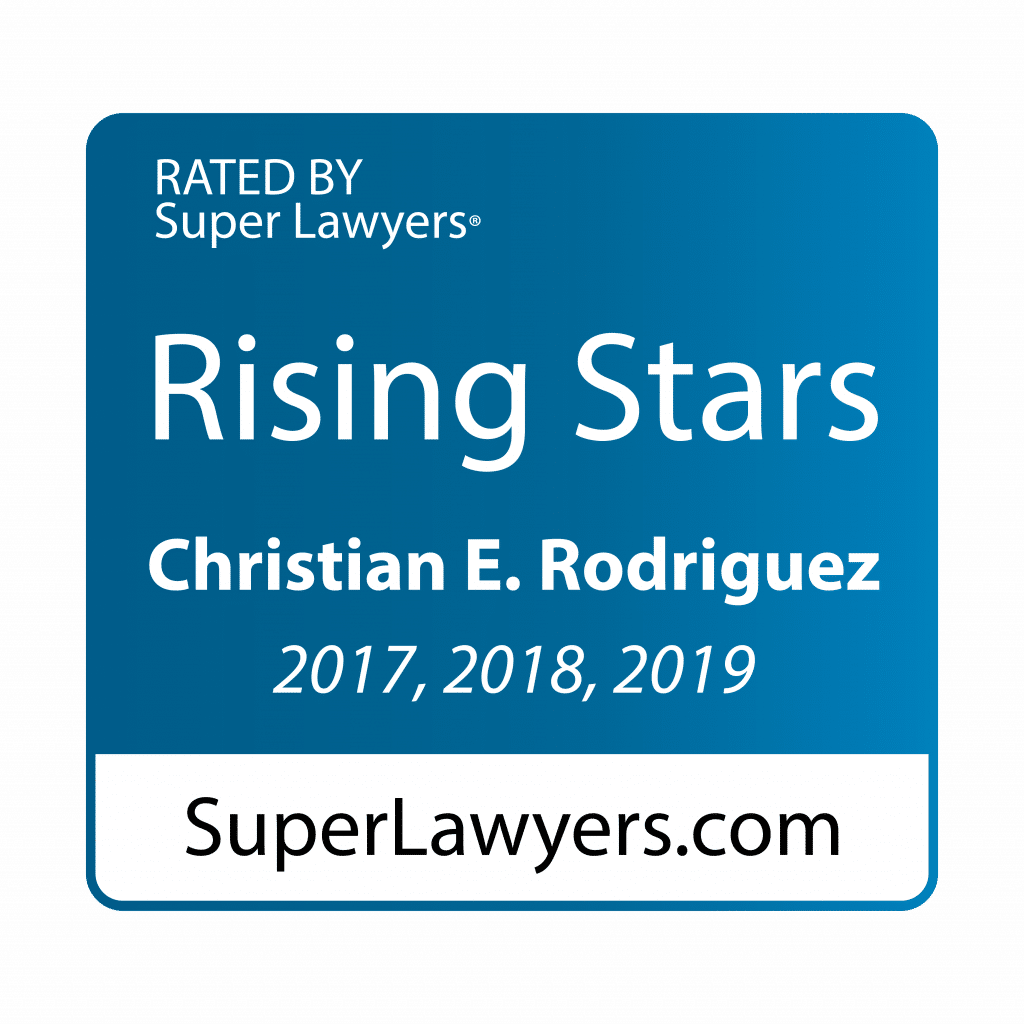What are agents?
Hiring agents has huge benefits for your company. An agent, in essence, is either an employee or outside party that a company hires to carry out tasks or act on its behalf. It promotes efficiency and allows others with expertise to impart that expertise on behalf of your company. However, with agents comes the possibility of liability attaching as if principal was still acting on its own behalf. There are situations when principals are more likely to be held liable, which may depend on the type of principal you are. They are: disclosed, partially disclosed, or undisclosed.
Disclosed Principal.
A disclosed principal occurs when the party has notice that the agent is acting for a principal and has notice of the party’s identity. Even if the principal’s identity isn’t known, but the third party has enough information available to reasonably infer the identity of the principal, the principal is considered disclosed. In this situation, the principal will be entirely liable to the third party, while the agent remains not liable. The courts seek to protect the interests of third parties that look to the assets of a principal when dealing at arm’s length.
Undisclosed Principal.
An undisclosed principal occurs when the third party has no notice that the agent is acting for a principal. The principal in this scenario is authorizing the agent to act, and is therefore liable to the third party unless there is a side agreement between the agent and the third party. Here, courts seek to protect the agent from having to have to pay out for the liability entirely out of their pockets, especially when there is an understanding with his principal company that the company would bear the liability.
Partially Disclosed Principal.
A partially disclosed principal will occur when the third party has notice that the agent is or may be acting for a principal, but has no notice of the principal’s identity. This scenario differs from those of the disclosed and undisclosed principal because the agent here can remain liable to the third party if the third party believes the agent is the actual party, but remains clueless as to the principal’s identity.
Next steps.
When hiring an agent, there are plenty of benefits. However, liability continues to be an issue. A principal may be held just as liable for an agent’s actions as if the principal had been acting himself. This can depend on whether the principal was disclosed, undisclosed, or partially disclosed. Understanding your status as principal can help ascertain your legal rights. Call Trembly Law at (305) 431-5678 today to schedule a consultation.

















